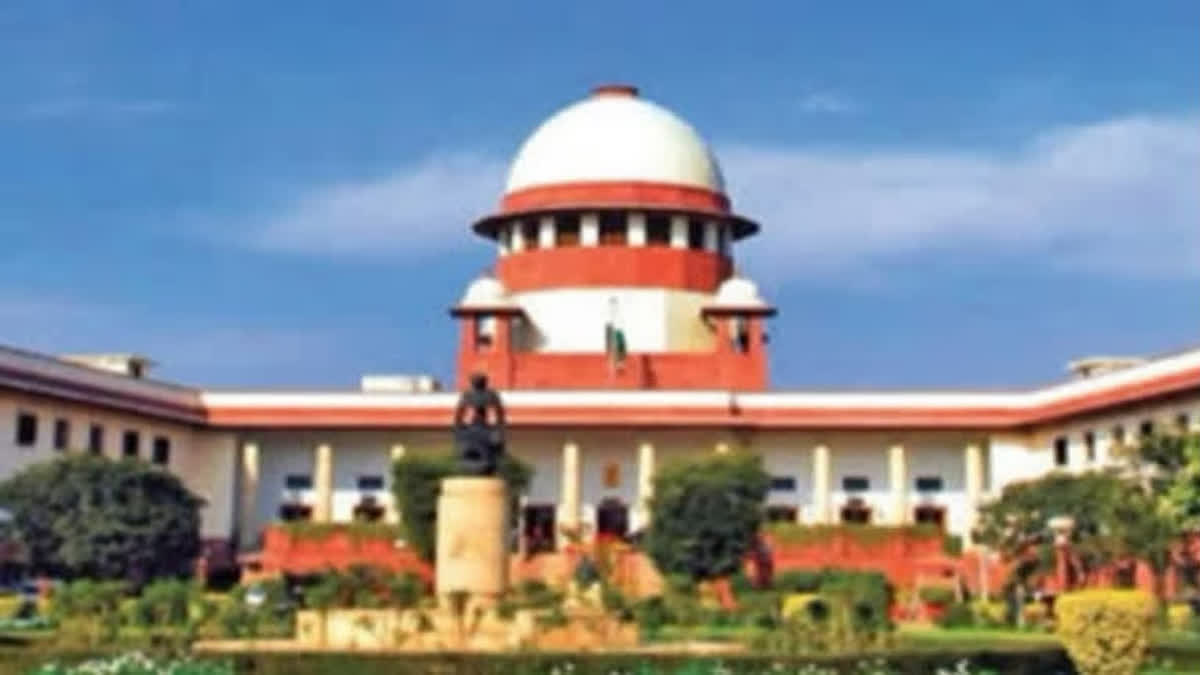New Delhi:The Supreme Court has declined to interfere with a Madras High Court order, which upheld the ban on reinforced paper cups introduced in Tamil Nadu in 2019. A bench comprising justices S Ravindra Bhat and PS Narasimha disposed of the plea by the Tamil Nadu and Puducherry Paper Cup Manufacturers Association saying the court does not see any reason to interfere with the High Court’s finding on the ban of reinforced paper cups, and also directed Tamil Nadu Pollution Control Board (TNPCB) to consider the case of non-woven bags afresh, in light of the Plastic Waste Management Rules, 2016.
The bench said the contention that the ban is over-inclusive and disproportionate, is in the considered opinion of this court, not made out about reinforced paper cups. “The appellant’s right under Article 19(1)(g) has, without a doubt, been restricted, but in the larger interest of the general public to enjoy a pollution-free environment the restriction was reasonable as per Article 19 (6) of the Constitution of India, and is therefore, upheld," said the bench, in its passed order on October 20.
The bench said that given the amended 2016 Rules now allow non-woven bags above 60 GSM to be manufactured and used, i.e., the Centre has found a way to regulate it, rather than ban it – there is some merit in the appellant’s contention regarding disproportionality.
“If a less onerous restriction on the appellant’s Article 19(6) right is possible, it must be favoured. In light of the developments in terms of the amendment to the 2016 Rules, this court is of the considered opinion that it would be appropriate, and just, to remand the question of including non-woven bags within the single-use plastic products ban, back to the TNPCB for consideration," said the bench.
The bench said it is of the considered opinion that the arguments in the case of the non-woven bag, stand on a slightly different footing and these bags, it appears, are reusable to some extent. Also, the composition/proportion of polypropene and filler used, in the manufacture of these bags, is customisable. The association argued that the overall ban was disproportionate. The Tamil Nadu government counsel insisted that despite being said to be reusable to an extent, they are indiscriminately disposed of and cause littering, which damages groundwater, and soil quality because they do not biodegrade properly, and this therefore, justified the ban.
